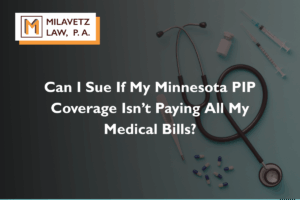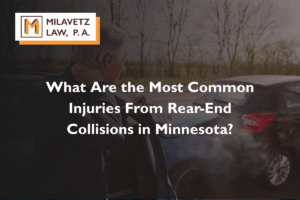When debts become unmanageable, Minnesota residents may consider bankruptcy. Persons filing for bankruptcy may seek to discharge the debt. Someone with massive debt obligations could owe money to many different creditors, lenders likely among them. So, are personal loans dischargeable?
Personal loans and bankruptcy filings
A discharged debt is, essentially, a canceled debt. When the bankruptcy court rules on a debt discharge, the creditor no longer has a claim. The debtor becomes entirely free of obligations to repay anything. And yes, personal loans from a bank or another financial institution, along with loans from friends and family, could end up discharged. Secured loans may also face a discharge.
That said, the bankruptcy court oversees the process, and a judge renders decisions. Assumptions about what the judge will or won’t discharge may be premature. An attorney could make a credible case to the court that repaying particular debts might be unlikely.
Options for bankruptcy filings
Individuals seeking personal bankruptcy protection may explore options for Chapter 7 or Chapter 13. Chapter 7 bankruptcy commonly goes by the description “liquidation bankruptcy.” With Chapter 7, certain assets go through liquidation to pay all or some debt. Much debt, possibly including personal loans, likely faces a discharge.
With Chapter 13 bankruptcy, the debtor works to set up a payment plan. Discharge decisions won’t likely be as vast as Chapter 7 filings. The “wiping out” of personal loans may not happen. However, the payment plan could involve paying a new, reduced balance on a personal loan.
Persons with significant assets may gravitate towards Chapter 13. Be mindful debt caps exist when filing for Chapter 13.
Filing for bankruptcy may appear complex and challenging to those struggling with debt. An attorney could represent clients in bankruptcy court while providing counsel and advice.














